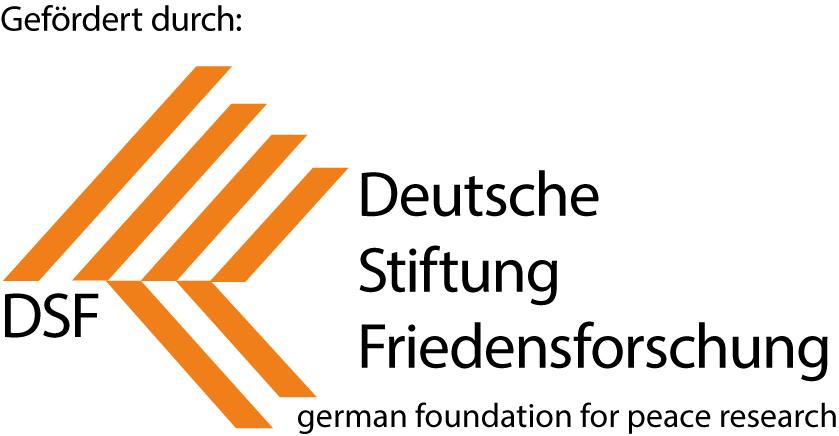Beginning in September 2022, the German Foundation for Peace Research (DSF) will fund my project on “Gender in German Peace and Security Policy” for 2,5 years.
Gender constructions – understood as socially/discursively produced conceptions of masculinity and femininity – play an important role in foreign policy and international politics. Social constructions of subjects (e.g., political elites, soldiers, or the “local population” in conflict regions), objects (for instance, nuclear weapons), social practices (military interventions, economic sanctions, diplomacy), and institutions (like the foreign office or the armed forces) are gendered – they are interwoven with notions of masculinity and femininity. As a result, which options to address certain policy problems come to be regarded as more or less rational, appropriate, doable and morally acceptable depends not just on their objective problem adequateness but is also influenced by gendered behavioral expectations. This is especially the case in the “tough” world of security policy, in which the ideal-typical leader (the “statesman”) is marked by masculine characteristics like strength, toughness, and emotional sobriety. Likewise, public support for Western military interventions is at least in part the result of articulations of “women and children” allegedly in need of help. As the Afghan example shows, arguments like this do not necessarily have to correspond to any real lasting improvements in the security of vulnerable groups. While the influence of gendered constructions on foreign policymaking has been the subject of numerous studies, most case studies focus on the United States or the United Kingdom, and little if any attention is devoted to Germany. On the flipside, gender as an analytical category (let alone de- and postcolonial concepts such as coloniality or Orientalism) plays virtually no role in research on German security policy. And while liberal feminist conceptions of gender as primarily concerned with the role of women has become increasingly important as a factor in German foreign policy (no least under the leadership of Foreign Minister Annalena Baerbock), there is little to no reflection on how gender constructions (e.g., notions of masculinity) impact foreign policymaking, despite the fact that such constructions can be a hindrance for the development of problem-adequate policy solutions.
Given this, the project pursues two main aims: First, based on a discourse analysis of German parliamentary debates on military operations, the project seeks to examine to what extent and how gender(ed) constructions influence German peace and security policy. In doing so, the project closes an important research gap. Second, the project seeks to cooperate with political actors and think tankers to develop policy recommendations aiming at a reduction of potentially counterproductive gendered constructions’ (or those influenced by coloniality, Orientalism, Eurocentrism, etc.) impact on German foreign policymaking, for instance through the decolonization of knowledge and knowledge production or increasing the diversity of actors involved in foreign policymaking. Ideally, this will contribute to the formulation of a consistent feminist foreign policy as envisioned by Foreign Minister Baerbock.
